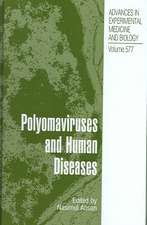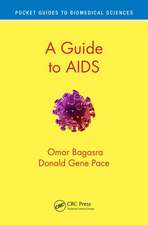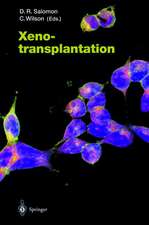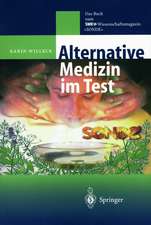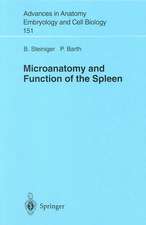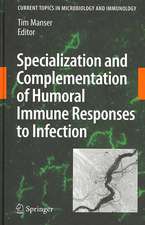Evolutionary Concepts in Immunology
Autor Robert Jack, Louis Du Pasquieren Limba Engleză Paperback – 14 aug 2020
Starting from Dobzhansky’s famous slogan, “Nothing in biology makes sense except in the light of evolution”, this book will serve to illuminate how evolutionary forces shaped immunity and thus provide an explanation for how many of its counter intuitive oddities arose. By doing so it will provide a conceptual framework on which students may organise the rapidly growing flood of immunological knowledge.
| Toate formatele și edițiile | Preț | Express |
|---|---|---|
| Paperback (1) | 464.84 lei 6-8 săpt. | |
| Springer International Publishing – 14 aug 2020 | 464.84 lei 6-8 săpt. | |
| Hardback (1) | 652.66 lei 6-8 săpt. | |
| Springer International Publishing – 4 iul 2019 | 652.66 lei 6-8 săpt. |
Preț: 464.84 lei
Preț vechi: 489.30 lei
-5% Nou
Puncte Express: 697
Preț estimativ în valută:
88.96€ • 92.53$ • 73.44£
88.96€ • 92.53$ • 73.44£
Carte tipărită la comandă
Livrare economică 14-28 aprilie
Preluare comenzi: 021 569.72.76
Specificații
ISBN-13: 9783030186692
ISBN-10: 3030186695
Pagini: 145
Ilustrații: XVI, 145 p. 26 illus., 24 illus. in color.
Dimensiuni: 155 x 235 mm
Greutate: 0.45 kg
Ediția:1st ed. 2019
Editura: Springer International Publishing
Colecția Springer
Locul publicării:Cham, Switzerland
ISBN-10: 3030186695
Pagini: 145
Ilustrații: XVI, 145 p. 26 illus., 24 illus. in color.
Dimensiuni: 155 x 235 mm
Greutate: 0.45 kg
Ediția:1st ed. 2019
Editura: Springer International Publishing
Colecția Springer
Locul publicării:Cham, Switzerland
Cuprins
Chapter 1: What makes evolution tick?.- Chapter 2: Immunity - the unicellular to metazoan transition.- Chapter 3: Innate immunity.- Chapter 4: The triumph of individualism: evolution of somatically generated adaptive immune systems.- Chapter 5: The other side of the arms race.- Chapter 6: Postface.
Notă biografică
Prof. Jack has been trained as an immunologist in Prof Klaus Rajewsky´s lab in Cologne, and worked in developmental biology at Prof. Walter Gehring´s lab in Basel; subsequently, he has been Professor for Immunology for many years at the University of Greifswald. For more than 10 years, he has been active in the organizing committee of the Spring School for Immunology of the Deutsche Gesellschaft für Immunologie. Though retired meanwhile, he still gives introductory lectures at the Spring and Autumn School, and a lecture on Concepts in Immunology at Uni Greifswald.
Textul de pe ultima copertă
Immunology is a nodal subject that links many areas of biology. It permeates the biosciences, and also plays crucial roles in diagnosis and therapy in areas of clinical medicine ranging from the control of infectious and autoimmune diseases to tumour therapy. Monoclonal antibodies and small molecule modulators of immunity are major factors in the pharmaceutical industry and now constitute a multi billion dollar business. Students in these diverse areas are frequently daunted by the complexity of immunology and the astonishing array of unusual mechanisms that go to make it up.
Starting from Dobzhansky’s famous slogan, “Nothing in biology makes sense except in the light of evolution”, this book will serve to illuminate how evolutionary forces shaped immunity and thus provide an explanation for how many of its counter intuitive oddities arose. By doing so it will provide a conceptual framework on which students may organise the rapidly growing flood of immunological knowledge.
Caracteristici
Supplements existing textbooks on immunology by providing an evolutionary perspective on the subject Unifies and explains the diversity of the immune system by placing it in its evolutionary context Helps students to fit their own area of interest into context with this complex field



